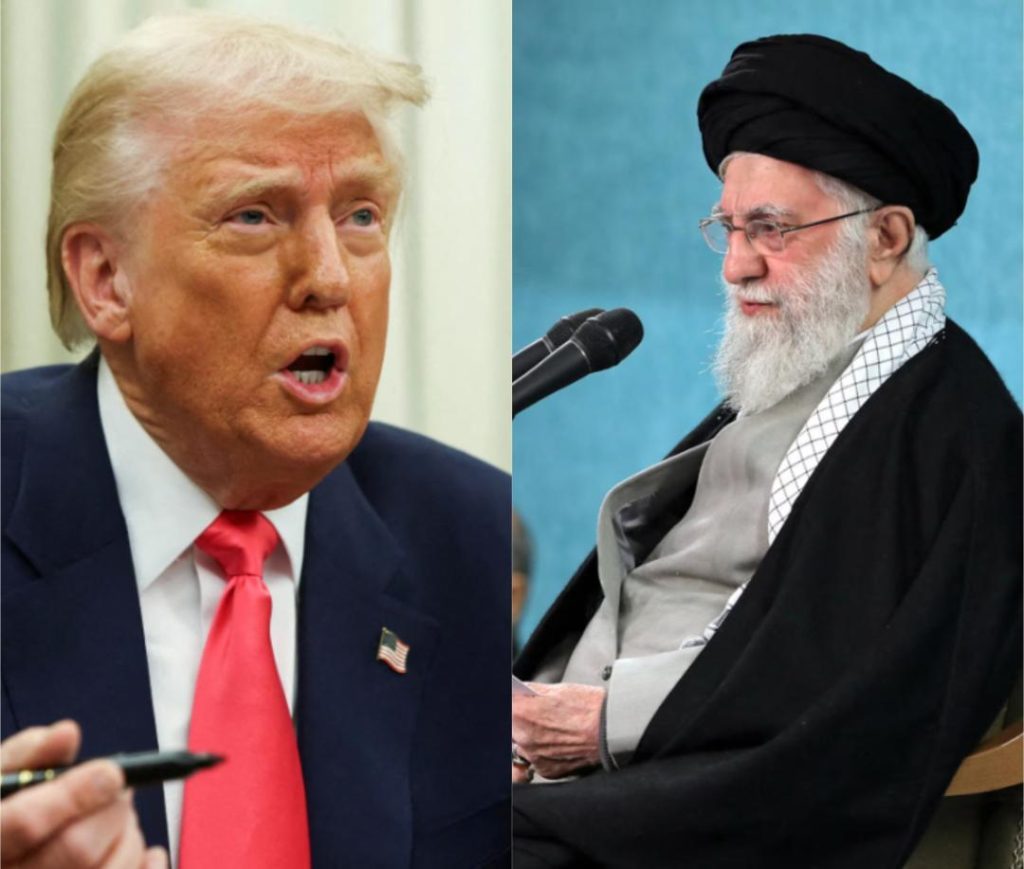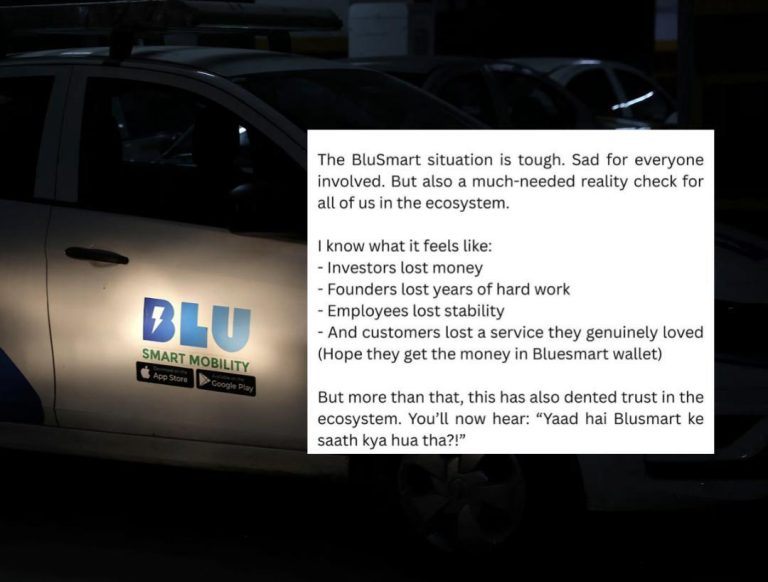
US & Iran Begin Nuclear Talks Days After Donald Trump Threatened Bombing
In a surprise move, Iran and the United States have begun indirect talks in Oman, as confirmed by Iran’s foreign minister, Abbas Araghchi. This development comes just days after US President Donald Trump threatened to bomb Iran if it didn’t agree to a deal on its nuclear program. The talks, which are being facilitated by Oman, a neutral party, mark a significant shift in the tense diplomatic landscape between the two nations.
According to reports, Araghchi, Iran’s foreign minister, and Steve Witkoff, Trump’s Middle East envoy, are representing their respective sides in the talks. However, they are not meeting face-to-face. Instead, they are in different rooms, exchanging messages through an Omani minister. This format is designed to facilitate a dialogue while avoiding direct confrontation.
The talks are taking place amidst a backdrop of rising tensions between Iran and the US. In recent months, the two nations have engaged in a series of verbal sparring matches, with Trump’s administration accusing Iran of sponsoring terrorism and Iran’s leadership accusing the US of bullying and interference in its internal affairs.
The latest escalation came when Trump threatened to bomb Iran if it didn’t agree to a deal on its nuclear program. The US president made these comments during a speech at a conference in Washington, where he also accused Iran of being responsible for the decline of security in the Middle East.
Iran’s response was swift and sharp. The country’s foreign minister, Javad Zarif, tweeted that Trump’s comments were “war-mongering” and that Iran would not be intimidated by the US president’s threats. Zarif also accused the US of violating international law and the nuclear deal, known as the Joint Comprehensive Plan of Action (JCPOA), which was signed in 2015.
The JCPOA was a landmark agreement that aimed to limit Iran’s nuclear program in exchange for relief from economic sanctions. However, the deal was abandoned by the US in 2018, when Trump withdrew from the agreement and reimposed sanctions on Iran. This move was widely criticized by other signatories to the deal, including the European Union, Russia, and China.
Despite the tensions, the indirect talks between Iran and the US are seen as a positive development by many observers. The talks provide a platform for the two nations to engage in a dialogue and potentially find a way to resolve their differences peacefully.
“This is a significant step forward,” said Ali Vaez, a senior advisor at the International Crisis Group. “It shows that both sides are willing to engage in a dialogue, despite the differences they have. The key now is to build on this momentum and find a way to address the outstanding issues between them.”
The talks are also seen as an opportunity for Iran to demonstrate its commitment to its nuclear program, which it has consistently maintained is peaceful. Iran has repeatedly denied any involvement in nuclear weapons development and has argued that its program is designed solely to generate electricity and provide medical isotopes.
The US, on the other hand, is seeking to curb Iran’s nuclear program and prevent it from developing a nuclear weapon. The US has long been critical of Iran’s nuclear activities, arguing that they pose a threat to regional security and stability.
The indirect talks are likely to be a complex and challenging process, given the deep-seated mistrust between the two nations. However, the fact that they are taking place at all is seen as a positive development, and many observers are hopeful that they can lead to a resolution of the outstanding issues between Iran and the US.
As the talks continue, the world will be watching closely to see if Iran and the US can find a way to resolve their differences peacefully. The stakes are high, but the potential rewards are significant. A successful outcome could lead to a reduction in tensions and a more stable region, while a failure could have serious consequences for global security.
Source:






